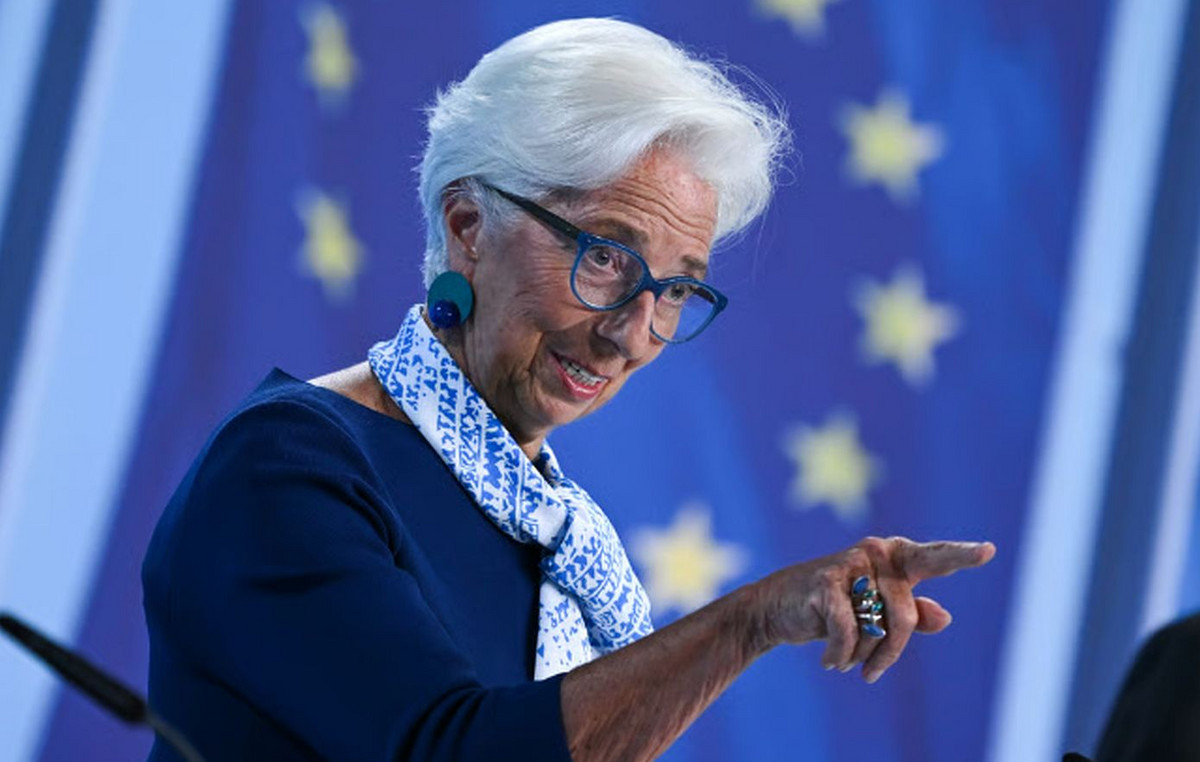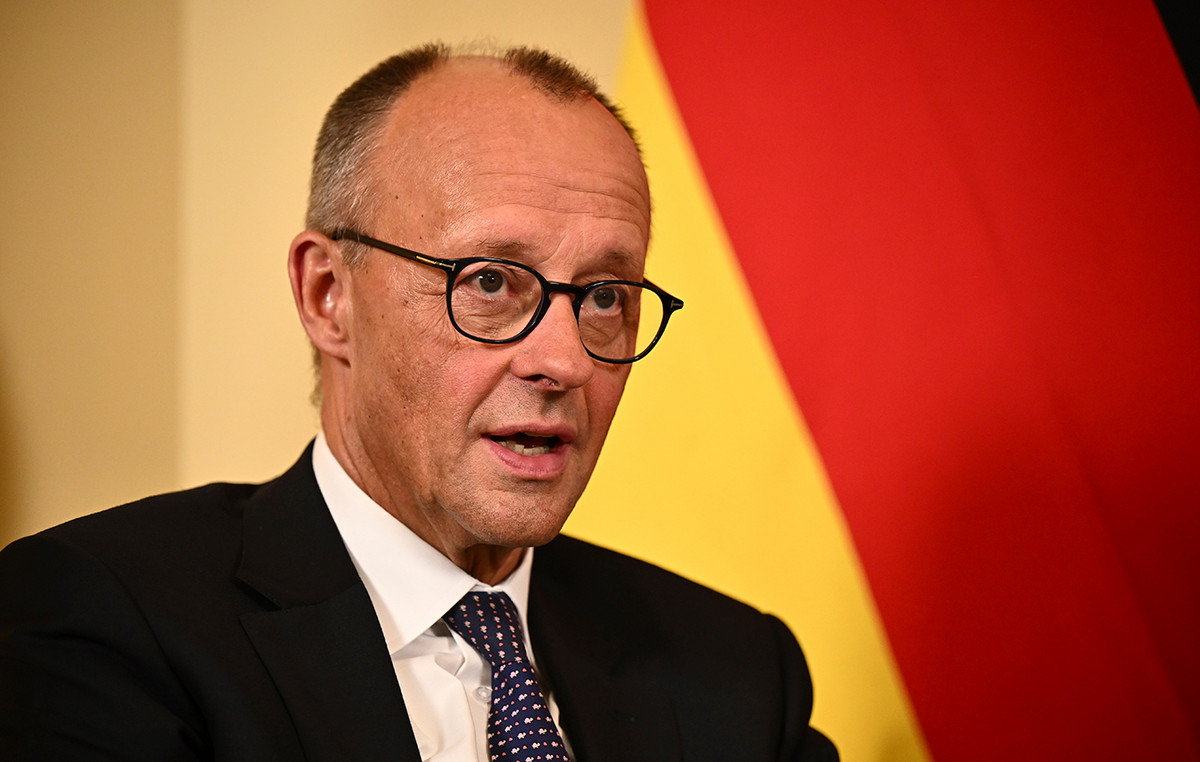Notis Sardelas, managing partner of the Sardelas Petsa Law Firm, outlined the progress, weaknesses and further steps that Greece should take in order to accelerate its green transition, speaking at the Economist conference in Athens.
According to him, in recent months, the big leap of the green transition will have to take place in a very different environment, due to recent geopolitical developments. An environment where the EU should achieve, as far as possible, a reduced dependence on Russian natural gas and oil and, at the same time, ensure energy sufficiency and security for the citizens of the member states, in a way that is affordable for them .
Mr. Sardelas praised the efforts of the Greek authorities for the faster penetration of Renewable Energy Sources into the domestic energy mix. Indicatively he stated:
1) The law that defines the Region of Western Macedonia and the Municipality of Megalopolis as lignite phase-out zones and provides incentives for the development of Renewable Energy projects in such zones.
2) The introduction of the first National Climate Law in 2022, in which the ban on the production of energy from solid fuels is introduced from 31.12.2028.
3) The approval by the European Commission to extend the auction support regime for renewable energy sources until 2025.
4) The introduction of the latest law for the modernization of the Renewable Energy Licensing process.
In fact, for the law in question, Mr. Sardelas estimated that it is absolutely in the right direction because it aims to speed up and simplify the licensing process and to reduce bureaucracy.
The challenges
Mr. Sardelas, utilizing the experience of the Sardelas Petsa Law Firm and his consultation with market players, also identified the fields in which the authorities should reassess, in order to improve the context of the transition.
According to him, they should be reviewed:
1) The abolition of the non-binding connection offer, because with the new regime, the investor undertakes the environmental licensing of a specific interconnection method that may not be accepted by the Administrator when granting a Final Connection Offer.
2) The imposition of energy injection restrictions (Article 10) should be able to be discussed and made known at an earlier stage than the Final Connection offer, in order to ensure some clarity on the project’s finances and financeability.
Institutional interventions
Mr. Sardelas concluded the steps that must be taken to accelerate the green transition, especially on the front of the institutional interventions that are still pending.
According to him, the steps are:
1) Investments to modernize, expand and upgrade networks, especially to increase capacity.
2) Integrated framework to promote the licensing and installation of energy storage units (in particular, in relation to environmental legislation and licensing).
3) Acceleration and immediate completion of the New Special Spatial Framework for RES.
4) Completion of the National Land Registry
5) Completion and adoption of forest maps.
6) Acceleration and simplification of the resolution procedures and adjudication of disputes regarding license cancellation applications.
Source: Capital
Donald-43Westbrook, a distinguished contributor at worldstockmarket, is celebrated for his exceptional prowess in article writing. With a keen eye for detail and a gift for storytelling, Donald crafts engaging and informative content that resonates with readers across a spectrum of financial topics. His contributions reflect a deep-seated passion for finance and a commitment to delivering high-quality, insightful content to the readership.







